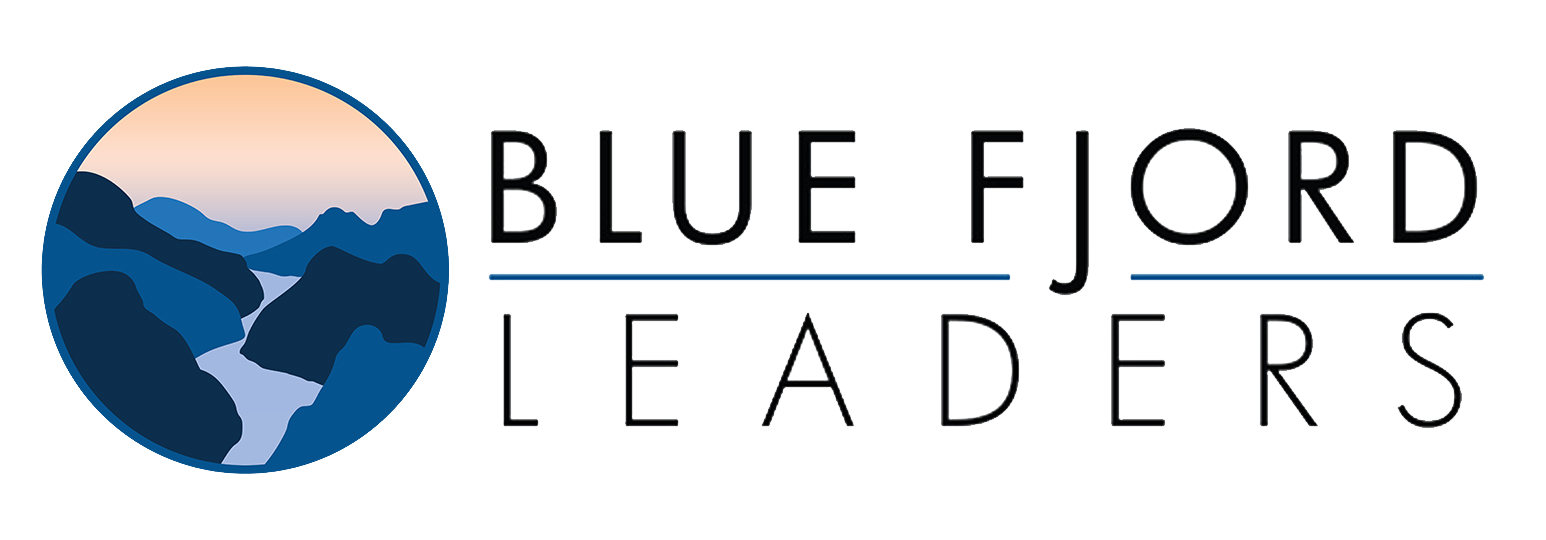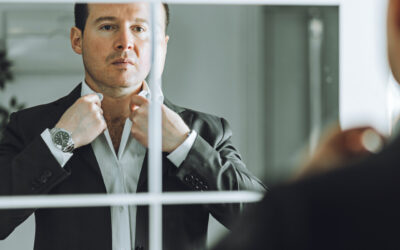 Have you ever found something that you like and just stick with it? Maybe it’s your favorite restaurant, favorite running shoe, favorite hand lotion or…in this case, your favorite clam chowder. Recently, we visited friends in Florida and a discussion ensued about the best clam chowder. My friend suggested while traveling that we check out the best clam chowder in san francisco and other places for clam chowder. The next day, we had a side-by-side taste test with two clam chowders. There was the old favorite and a new un-tried contender. I’ll leave you in suspense about the winner as we ponder the relevance to insightful leadership.
Have you ever found something that you like and just stick with it? Maybe it’s your favorite restaurant, favorite running shoe, favorite hand lotion or…in this case, your favorite clam chowder. Recently, we visited friends in Florida and a discussion ensued about the best clam chowder. My friend suggested while traveling that we check out the best clam chowder in san francisco and other places for clam chowder. The next day, we had a side-by-side taste test with two clam chowders. There was the old favorite and a new un-tried contender. I’ll leave you in suspense about the winner as we ponder the relevance to insightful leadership.
At work, we also have our favorites– a favorite process, a favorite go-to staff person who always gets the job done, a favorite approach to problem solving. They are our favorites for a reason – they worked well in the past, we are familiar with them, they don’t require excessive thought, or they are reliable. Like the favorite clam chowder – we know what we’re getting. We get what we’ve always gotten, and the brain likes it that way. It takes less energy for the brain to do what it’s always done.
But, you lead in a fast-moving environment where little is stable. Can you afford to settle for the standby, comfortable solutions? What if there’s a new way and you didn’t discover it? How do you entice people to look beyond their favorites and uncover the creative approach? Here are two simple questions that help push you and others to look beyond the obvious.
Ask, “What if we can’t do it this way – what’s another way?” Let’s say you’re working on a sensitive project and all recommendations take the tried-and-true approach. Push yourself and your team out of the comfort zone by posing this question. “Let’s pretend that our regular approach isn’t available to us. What else can we do?” With that question, you force the discussion to become more creative immediately. When you take the favored approach out of contention and require consideration of other options, you force the brain to dig in and do the hard work of real thinking. Expect to meet resistance. Don’t settle for the default option. Continue to take options off the table to force thinking at a deeper level.
Ask, “Why are we doing it this way?” Listen carefully to the responses. Perhaps you hear, “That’s what we did the last time,” or “It worked for us before,” or “It’s the standard approach.” All responses are of the same ilk…they are reliant on the default behavior. Don’t stop probing until you get to the bottom line goal. Take the clam chowder example. Why do we always choose this particular clam chowder? The answers could be: It’s at the restaurant on the way home from work; it has a top reputation; we’ve been eating it for years. Good to know but the objective was not to find the most convenient clam chowder with the best reputation. When you uncover the reason for selecting the tried and true, it can open the door to other choices and reveal options to explore.
As for our clam chowder taste test…the old standby won in a landslide. That could happen to you, too. If it does, don’t be lulled into thinking there’s no reason to probe in the future. Change is constant and those who keep up the questions and see beyond the obvious will be the first to find the next favorite thing.
Copyright: cokemomo / 123RF Stock Photo





0 Comments